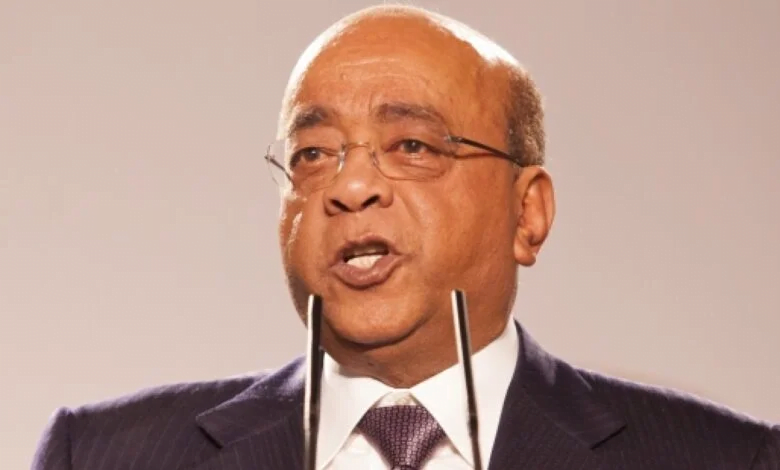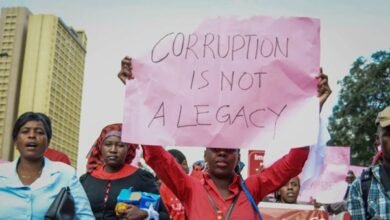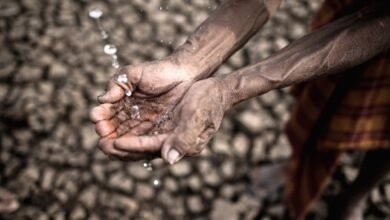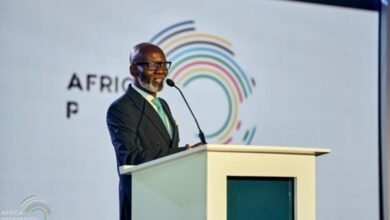Africa’s financial needs : where are the resources?
The recent report from the Mo Ibrahim Foundation, titled "Africa's Financial Needs: Where are the Resources?", highlights the existence of necessary but underutilized resources, calling urgently for reform of the international financial system for optimal governance.

The new report from the Mo Ibrahim Foundation for the year 2024 sheds light on the major financial challenges facing Africa, despite the existence of significant potential resources. Through in-depth analysis, the report explores opportunities and obstacles to effectively mobilize these resources for the sustainable development of the continent.
The report begins by assessing the considerable financial needs required to achieve development and climate goals in Africa. These needs, although varied and often divergent according to sources, highlight an undeniable reality: Africa faces towering financial challenges to ensure its future development.
Africa has significant potential, representing between 75% and 90% of the financial needs necessary to achieve Agenda 2063
Mo Ibrahim, founder and chairman of the eponymous foundation, emphasizes the need for a profound reform of the international financial system. According to him, the necessary resources already exist but are hindered by an outdated system that does not allow for their optimal use. He calls for an update of debt restructuring mechanisms, African risk assessment models, aid conditions, and better governance to maximize the impact of available resources.
Our continent must stop squandering its own assets and take ownership and responsibility for them
« There is an urgent need to radically change the paradigm. It is not about Africa extending its hand again, nor about its partners considering how much more they could put on the table, » insists Mo Ibrahim. « The real issue is not ‘more means,’ but simply means better adapted. Because in reality, as this report highlights, the resources are there. But the current prevailing system does not allow for their optimal use. » He adds: « There is a need for a drastic reform of the international financing system, updating debt restructuring mechanisms, African risk assessment models, aid conditions, and above all, our continent must stop squandering its own assets and take ownership and responsibility, in short, establish governance conditions to ensure their optimal exploitation for the benefit of sustainable and equitable development. »
The report also examines the financial contributions of international partners, including Official Development Assistance (ODA) and debt management. While ODA represents a portion of the continent’s financial resources, it often remains conditional and focused on specific sectors such as health and education. Concurrently, challenges related to debt and African risk assessment limit the effectiveness of traditional financing mechanisms.
Regarding domestic resources, Africa has significant potential, representing between 75% and 90% of the financial needs necessary to achieve Agenda 2063. However, the majority of these resources remain underutilized or mismanaged. The report underscores the importance of combating illicit capital outflows and increasing tax revenues to sustainably finance African development.
Urges urgent action to reform the international financial system and optimize the use of available resources in Africa
Finally, the Mo Ibrahim Foundation’s report calls for urgent action to reform the international financial system and optimize the use of available resources in Africa. It highlights the need for transparent and effective governance to ensure that domestic and international resources are mobilized to promote sustainable and equitable development across the continent.
Key Points from the Report:
- Billions needed by 2030: Enormous financial needs to achieve development goals.
- Climate impact: Potential loss of $50 billion in African GDP annually by 2030.
- Official Development Assistance (ODA): 28% of global ODA in 2022, but unevenly distributed.
- Public debt: Tripled external debt since 2009.
- Foreign Direct Investment: $45 billion in 2022.
- Illicit financial flows: $100 billion lost annually.
- Strengthening tax systems: Lowest government revenues in the world.
To consult the full report of the Ibrahim Forum 2024, you can download it here.






